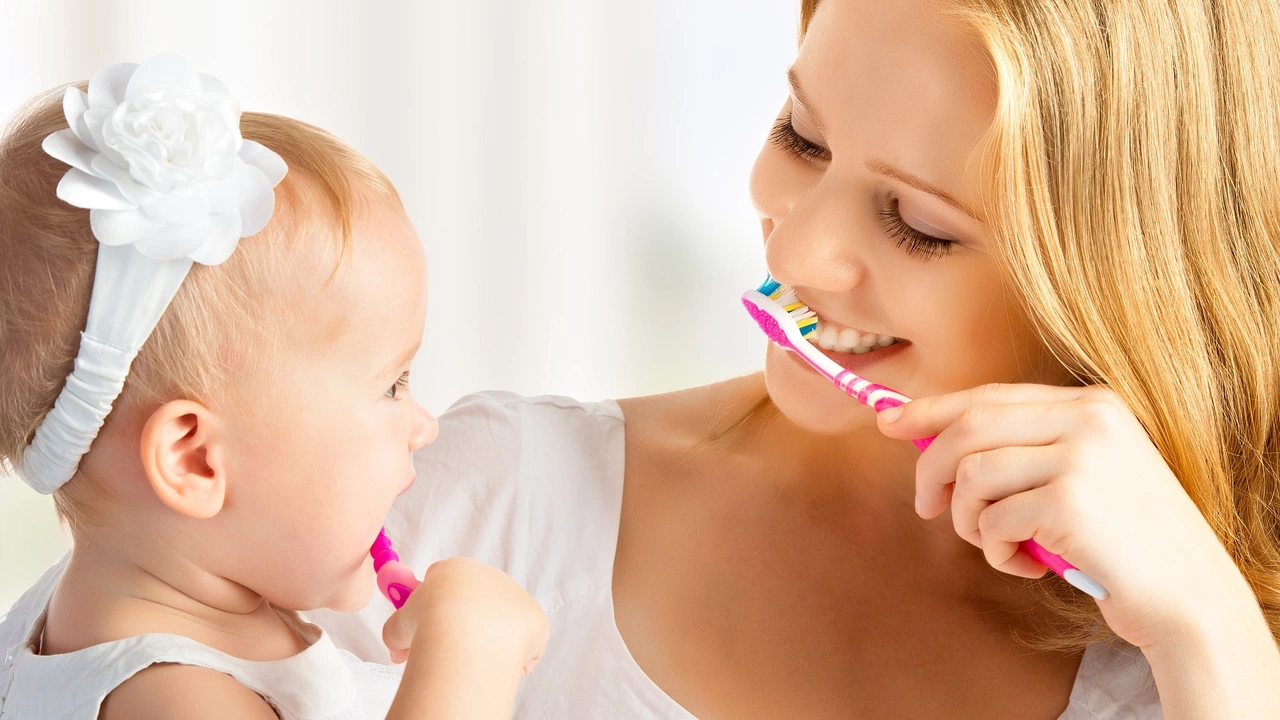Children's Health: Safe Medicines, Dosage Tips & Practical Advice
Giving medicine to a child feels scary. Kids aren’t small adults — doses, forms, and risks differ by age and weight. This page groups clear, practical advice so you can make safer choices and find reliable articles on common meds, natural options, and online pharmacy tips.
Quick safety rules for giving medicine to children
Always check the label for age and weight dosing. If it’s weight-based, use your child’s current weight, not their age. Use the dosing syringe or cup that comes with the medicine — kitchen spoons are not accurate.
Stick to recommended drugs for common problems: acetaminophen (paracetamol) for fever and pain, ibuprofen for fever, pain, and inflammation. Never give aspirin to children during viral illnesses — it can cause rare but serious Reye’s syndrome.
For antibiotics: finish the full course exactly as prescribed, even if symptoms improve. Stopping early can let bacteria survive and become resistant.
Store meds out of reach and in original packaging. Dispose of expired or unused medicine properly — many pharmacies offer take-back bins.
Practical tips parents can use today
Measure liquids at eye level on a flat surface to get an accurate dose. If your child spits some out, don’t guess — measure the amount taken and give the adjusted dose only if your doctor says it’s safe.
For picky kids, mix liquid medicine with a small spoonful of applesauce or yogurt only if the label doesn’t warn against mixing. Don’t mix with formula or a full meal — you want them to eat normally afterwards.
Keep a short medicine log: date, time, drug, dose. That helps avoid double-dosing and is handy when you call a clinician.
Be aware of common interactions. Some cough-and-cold combos double up on the same ingredient (like acetaminophen). If you’re using herbal supplements or vitamins, tell your child’s doctor — they can interact with prescription drugs.
If you order meds online, use licensed pharmacies. Look for a physical address, pharmacist contact, and clear prescription requirements. Avoid sites that sell prescription drugs without asking for a valid prescription.
Vaccines are a preventive medicine. Follow your country’s immunization schedule; vaccines prevent serious illness and reduce the need for antibiotics or other drugs later.
Carrying a pediatric first-aid kit is smart: thermometer, dosing syringe, oral rehydration solution, bandages. Know how to use each item.
If you want more detailed reads, explore our tagged articles on dosing, antibiotic alternatives, herbal options, and buying meds safely online. Each piece explains risks, benefits, and real-world tips parents can use right away.
Questions about a specific medicine or dose? Contact your pediatrician or pharmacist — they can give precise guidance for your child’s age, weight, and health history.

Dental Prophylaxis for Children: Establishing Good Oral Hygiene Habits Early
As a blogger, I can't stress enough the importance of dental prophylaxis for children. Establishing good oral hygiene habits early in life is crucial to ensuring our little ones' dental health. Regular dental cleaning and check-ups, coupled with proper brushing and flossing techniques at home, can help prevent cavities and gum diseases. I believe that educating children about the importance of oral care and making it a fun and routine part of their day can lead to lifelong healthy dental habits. Remember, a healthy smile is a happy smile!
- Drug Information (69)
- Health and Wellness (59)
- Medical Conditions (22)
- Pharmacy Information (22)
- Supplements (4)
- Diabetes (4)
- Travel Health (3)
- Mental Health (3)
- Heart Health (2)
- Parenting (2)
-
Blood Sugar Control and Diabetic Peripheral Neuropathy: Key Management Strategies
2 Oct 2025 -
Zyprexa: Uses, Side Effects, and What to Know About Olanzapine
9 Jun 2025 -
Kefir Health Benefits: Uncovering the Science and Everyday Impact
6 May 2025 -
Cmax and AUC in Bioequivalence: Understanding Peak Concentration and Total Drug Exposure
3 Dec 2025 -
Hepatitis B: Understanding Chronic Infection, Antiviral Treatment, and Vaccination
20 Nov 2025

27.06.23
Alistair Mukondiwa
18